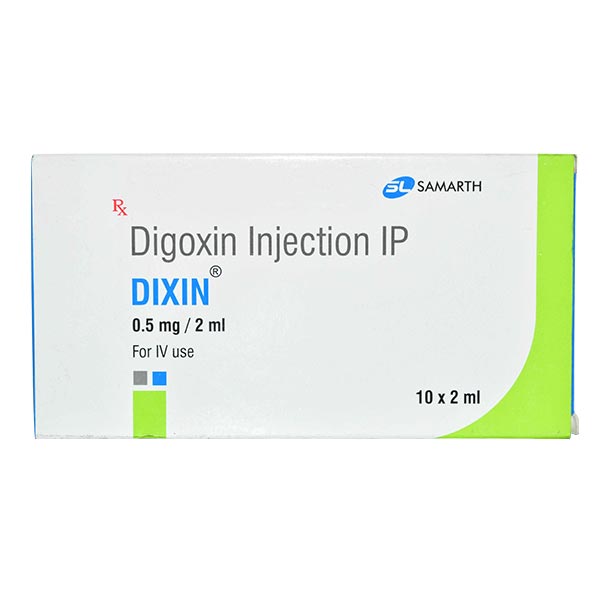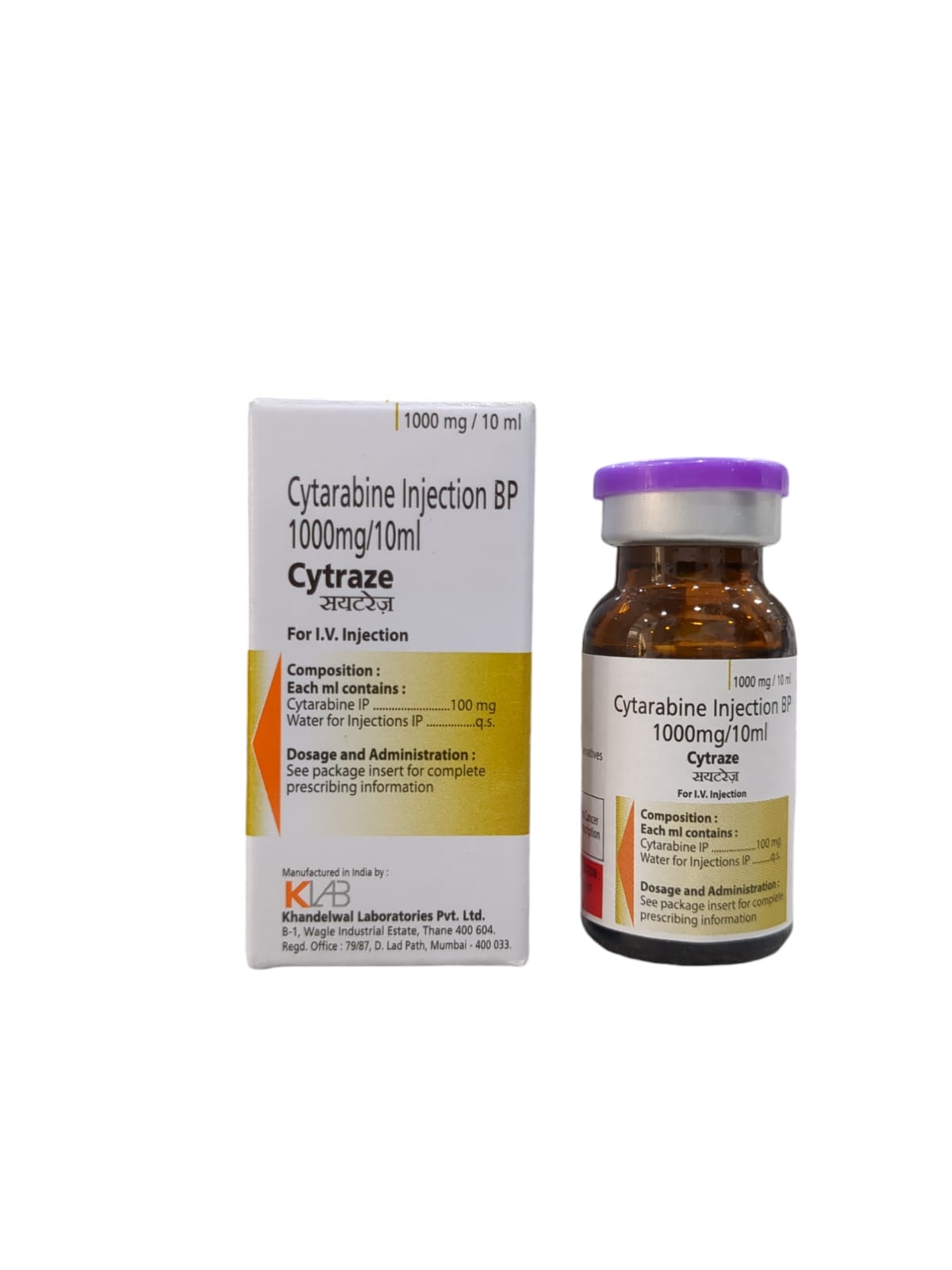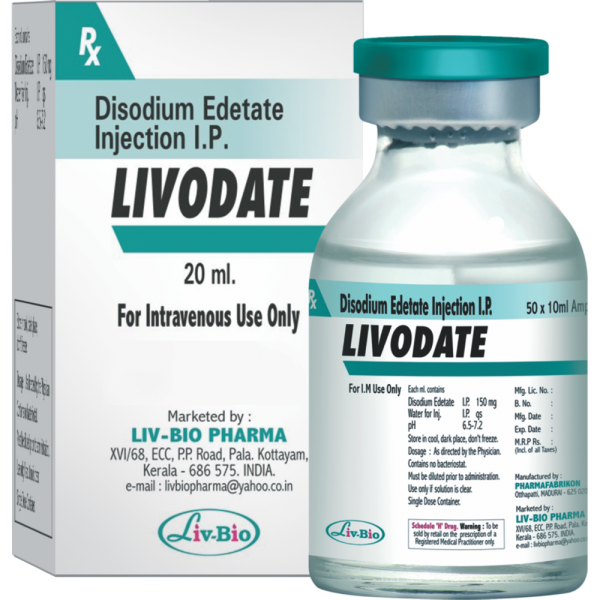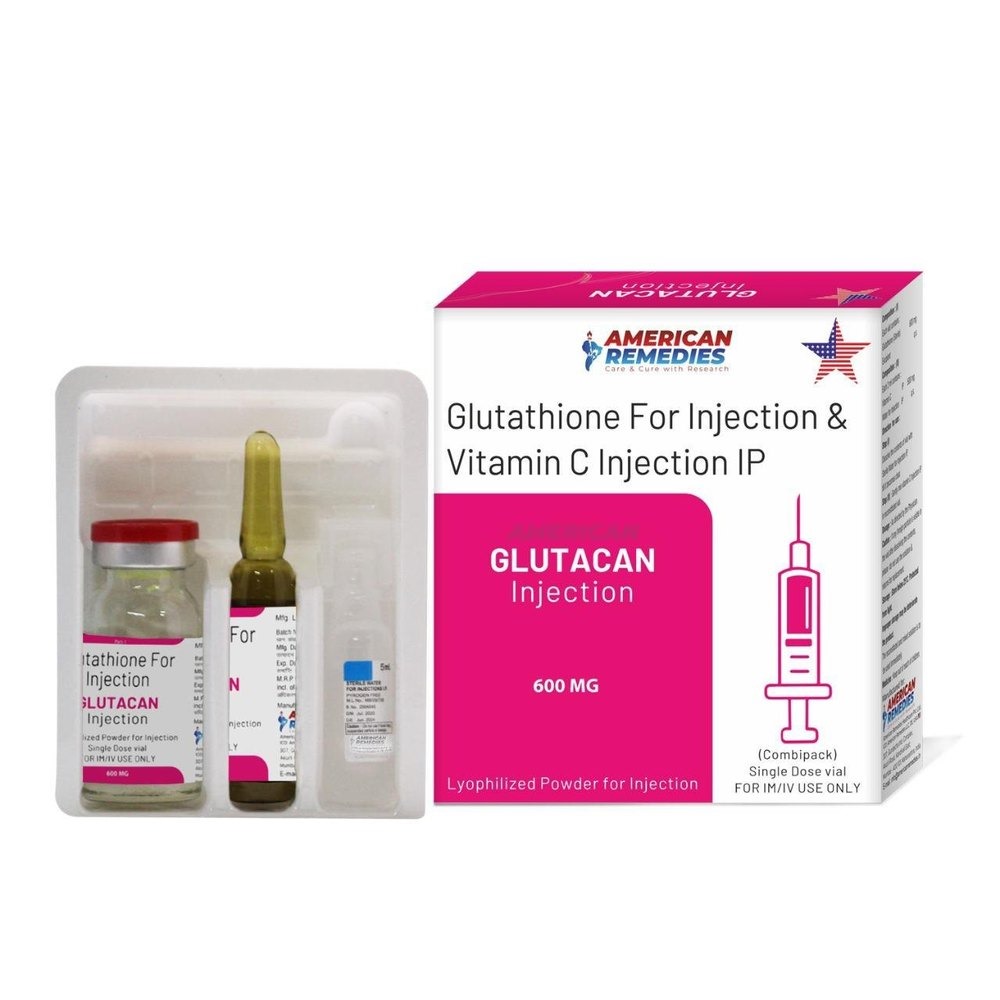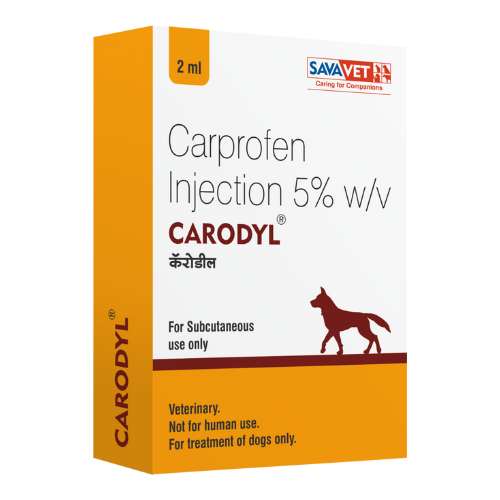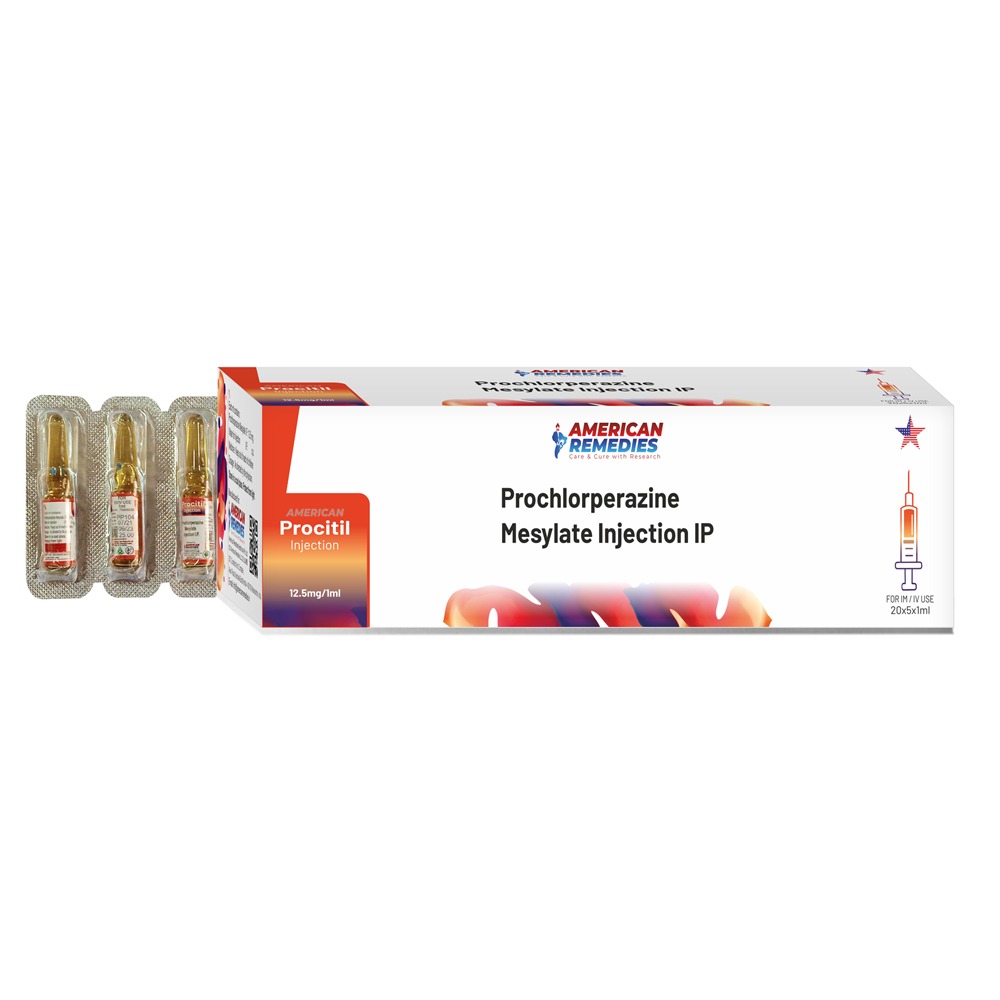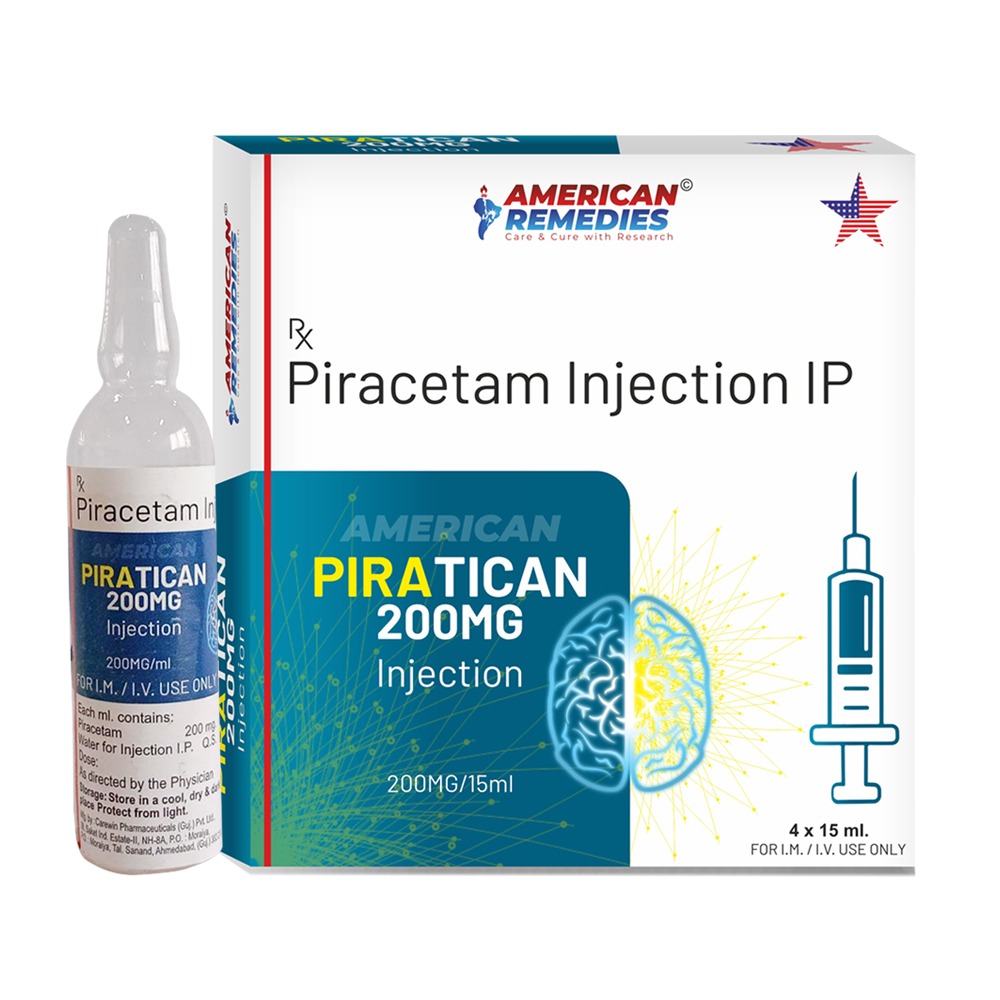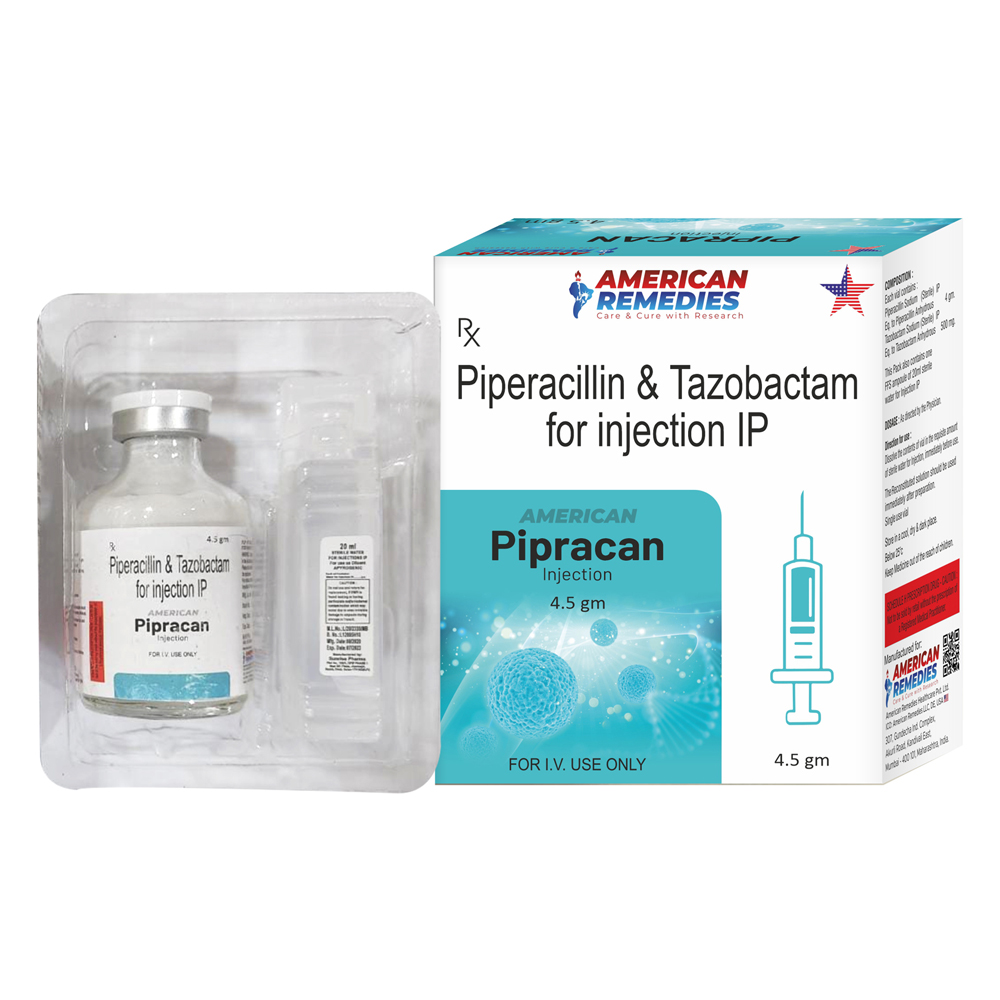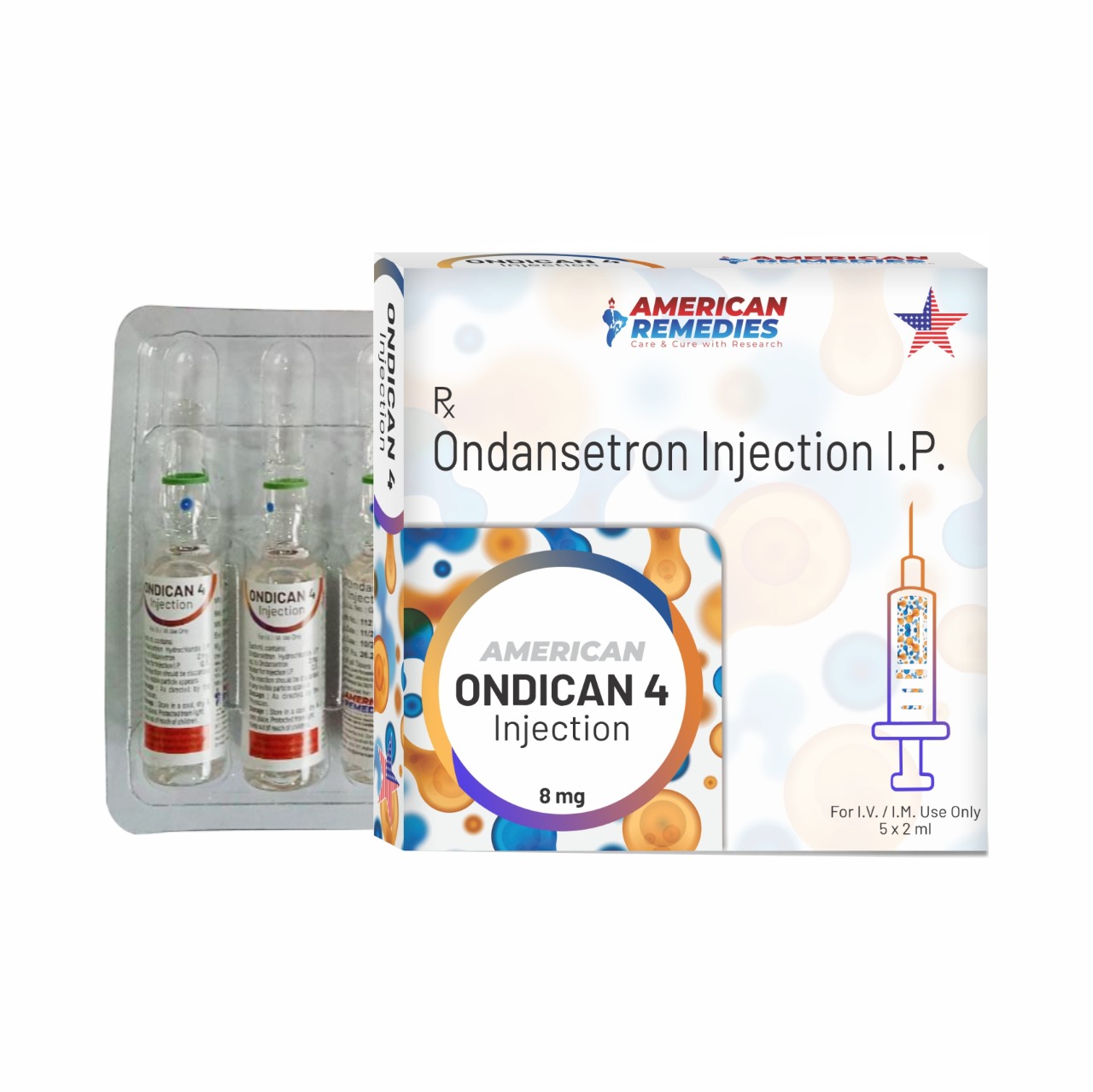Dixin Injection Salt: Digoxin (0.5mg) Description Dixin 0.25mg Injection is a medicine used for the emergency treatment of heart failure and abnormal heart rhythm (arrhythmia). It helps to provide symptomatic relief by making the heart pump blood more efficiently. It helps in arrhythmia by restoring a steady and normal heartbeat. Dixin 0.25mg Injection is a medicine used for the emergency treatment of heart failure and abnormal heart rhythm (arrhythmia). It helps to provide symptomatic relief by making the heart pump blood more efficiently. It helps in arrhythmia by restoring a steady and normal heartbeat. Dixin 0.25mg Injection is administered under the supervision of a doctor. Your doctor will decide the dose and duration of the medicine for you. Doctor may closely monitor your blood pressure, heart rate and ECG till you became stable. You should continue all your other medicines that are advised by the doctor for your long-term treatment even after this injection. Common side effects of this medicine include nausea, vomiting, diarrhea, dizziness, and visual disturbances. Consult your doctor if these effects bother you. This medicine is used with caution for some people. Thus, you must inform the doctor if you are suffering from any kidney disease. Also, let your doctor know if you are pregnant or breastfeeding and about all the other medications that you are taking regularly. Benefits 1. In Heart failure: Heart failure means your heart is weak and cannot pump enough blood to your lungs and the rest of your body. The most common symptoms are breathlessness, tiredness, and swelling in your legs, ankles, abdomen and other parts of your body. Dixin 0.25mg Injection makes it easier for your heart to pump blood around your body and is therefore an effective treatment for heart failure. It is given as an injection by a doctor or nurse and should not be self-administered. This medicine will help relieve your symptoms, making you feel better and more energetic. You should make appropriate lifestyle changes (such as eating healthily and keeping active) to help this medicine be effective. 2. In Arrhythmia: Dixin 0.25mg Injection is used to stabilize heart rhythms (particularly atrial fibrillation). It helps in normalizing an abnormal heart rhythm, preventing it from occurring in the first place, or slowing down the heart rate during an episode.' Side Effects Most side effects do not require any medical attention and disappear as your body adjusts to the medicine. Consult your doctor if they persist or if you’re worried about them. Common side effects of Dixin: - Visual impairment - Nausea - Vomiting - Diarrhea - Dizziness - Arrhythmia (irregular heartbeats)
Send Message